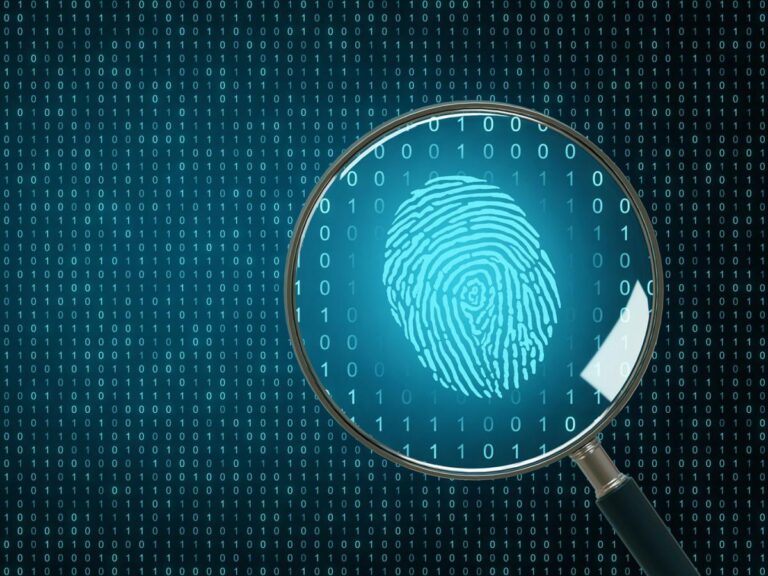
Source: news.google.com
As we enter 2023, it is clearer than ever that the decentralized digital revolution is not going away. Both businesses and individuals are beginning to see the benefits of this nascent technology, and Web3 services are on the rise.
However, with this change comes new and growing concerns about security and access, as well as fundamental human rights issues to consider. Realistically, if digital services are to become increasingly commonplace in everyday life, making secure access to them more than just a convenience is essential.
Sandy Carter is the Senior Vice President and Channel Manager at Unstoppable Domains. This article is part of Crypto 2023.
Fortunately, the industry is ready to address these issues in the form of sovereign digital identities that can act as a gateway and shield for Web3 platforms. Best of all, this isn’t an idea for tomorrow: it’s a technology available to everyone today.
Securing your identity is just the beginning
Identity theft is not new, but it is a growing concern with each passing year. According to PwC’s 2022 Global Economic Crime and Fraud Survey, external threats from hackers and organized crime are increasing, with 46% of respondents saying they have experienced some form of fraud in the last 24 months. With the way things are going, this has to change.
The big issue is how much control and security people have with their digital identities. Digital systems already play an important role in our lives. With Web3 looking to digitize our lives even more, the need to be in charge of who you are online has never been more important.
Read more: Hardliners Stymie Online Identity Innovation
Having such an ID carries a lot of benefits for interacting with Web3 services because it can act as a wallet address, a reputation tool, and much more. You can transmit your credentials across multiple computing platforms, enable encrypted email forwarding, and even serve as a digital business card.
Digital identity, specifically solutions that leverage zero-knowledge proofs (ZKP), can also be used to attest to something without having to provide personally identifiable information as proof. For cryptocurrency enthusiasts, it may be more exciting to hear that you can complete know-your-customer (KYC) requirements without having to hand over sensitive documentation to third parties.
It’s not just about Web3 access, either. Anywhere you have an existing legacy ID system, you have a system that could benefit from ZK-enabled, blockchain-powered verifiable credentials. These systems ensure that no one except the owner can access your sensitive data, and also give service providers the assurance that they are dealing with real customers, not imposters.
Web3 digital identities are shaping up to be essential and revolutionary in the next decade, and are already gaining ground in today’s marketplace. Fast and efficient blockchains already exist that can provide the speed and scalability to deliver Web3 services to the world, and digital identity frameworks are being deployed on a global scale.
Take for example global brands like Nike and Celebrity Cruises that are joining Web3. Perhaps most notably, coffee giant Starbucks is reworking its all-important loyalty program by implementing its Starbucks Odyssey NFTs (non-fungible tokens) to create an accessible and engaging Web3 community.
Read more: Starbucks Launches Beta Version of Web3’s ‘Odyssey’ Loyalty Program
Meanwhile, payment giant PayPal has just partnered with non-custodial wallet app MetaMask to make it easier for people to engage with cryptocurrency and Web3 in general. Blockchain native identities matter in each and every case here, and have the potential to enhance existing web standards.
Significantly more secure
The world is primed with many mature use cases for this technology to address. Anyone will be able to send and receive secure digital payments with just a few clicks. Personal messages can also be kept completely private while being protected from phishing or impersonators. Even sensitive material like medical records can be linked to the ID in an encrypted way.
These and many other apps make many aspects of life much easier and significantly more secure. In addition, it rebalances the balance between those who produce data and those who need it.
In commercial applications, for example, people could get additional rewards for sharing their data. Companies could offer benefits, bonuses and rewards directly to their users based on the assets within their digital identity profiles, opening up countless new opportunities for brands and consumers to engage in a vibrant Web3 ecosystem.
The coming year is bound to see some exciting developments in the Web3 space. You can’t put the genie back in the bottle. With so many new companies entering the field, it’s time for people to start preparing for the future.
Read More at news.google.com